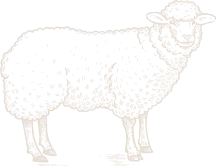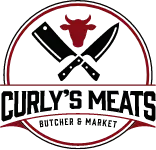Custom Lamb & Goat Processing

Lamb and goat meat deserves to be handled with expertise and special care. At Curly’s, we offer premium lamb and goat processing to prepare high-quality cutlets perfect for your family dinner table. We also guarantee that the lamb or goat you bring us is processed into the meat you are delivered.

How to Place Your Custom Lamb/Goat Order
To place your lamb/goat processing order, give us a call at 937-596-6518 or stop by the store at 610 W Pike St.
P.O. Box 123, Jackson Center, Ohio, during store hours, Monday-Friday, 9:00am to 5:00pm; Saturday, 9:00am to Noon.


Custom Lamb & Goat Processing FAQ
Curly’s vacuum-sealed frozen meat will last approximately two years.
With Curly’s vacuum packaging, we guarantee that 80% of the packages will be tightly sealed. It’s not uncommon for up to 20% of a package to lose its vacuum. Ice crystals may form inside that area, and we suggest you simply use those packages first. If you are concerned with the number of packages that have lost their vacuum, you are more than welcome to bring those packages back for re-sealing at no charge.
Can I request specific cuts and processing options when having goats and lambs processed at Curly’s?
Yes, of course you can! You can choose between various cuts, whether you want roast and loin chops or ground meat. However, it’s essential to communicate your preferences clearly with us ahead of time via our online form or by dropping off the printed form in the store.
The weight is determined by weighing the carcass after the animal has been slaughtered and dressed. The dressing process involves removing the hide, head, feet and internal organs. This weight, known as the hanging or carcass weight, is essential for calculating yield and pricing.
From the hanging weight, you can expect to take home approximately 70-75% of the actual meat after processing. For example, if you have a lamb with a live weight of 100 pounds, the hanging weight might be around 55 pounds, and the meat you take home could be around 38 to 41 pounds.
Different breeds have different muscle-to-bone ratios, which affects the yield. Some breeds of lamb and goat are more muscular than others or have a higher fat content. The types of cuts and the amount of trimming preferred will also affect the yield.

